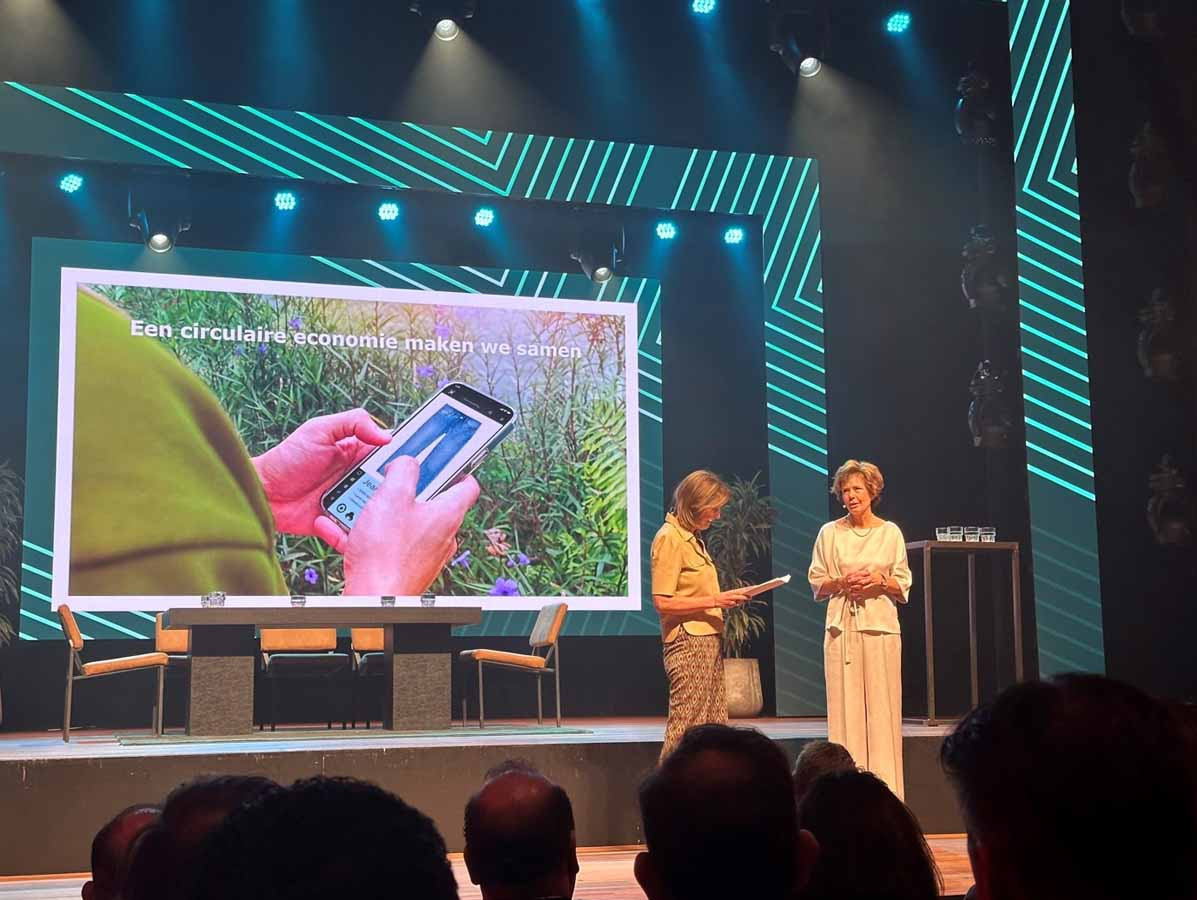
The Dutch food industry faces a critical challenge: integrating sustainability into every step of the production chain. A recent development emphasizes the sharing of sustainability data, with GS1 Netherlands playing a key role. This approach promises to drive transparency and circular innovation in the sector.
At the heart of this initiative is the GS1 QR code, serving as a tool to make a wide range of sustainability data accessible. Ahold Delhaize, a leading player in the Dutch retail market, has committed to using this QR code. This move marks a significant step towards innovation, particularly in the final phase of the production chain, which involves direct interaction with the consumer.
According to Mirjam Karmiggelt, CEO of GS1 Netherlands, the challenge lies in enabling data flow throughout the entire chain. This requires not only capturing information at the product level but also developing new standards and tools. These advancements are vital for making sustainable decisions and adequately informing consumers.
The need for standardized sustainability data is further emphasized in the fruit and vegetable sector. Richard Schouten of GroentenFruit Huis highlights how each tree is given a unique location number, allowing detailed information about variety, quality, food safety, and certification to be linked.
Moreover, companies such as Groenendijk and Dopper have made considerable progress in implementing a Digital Product Passport. This tool enables consumers to trace the origin, composition, and sustainability features of products.
In addition to CO2 footprints, sustainability data also includes aspects like water usage and the impact of packaging. Companies like Koninklijke Paardekooper Group underline the importance of sharing packaging data to comply with legislative requirements, where the quality of shared data is crucial.
Finally, the potential of the GS1 QR code in unlocking sustainability data is highlighted by companies like Heineken and Ahold Delhaize. This code provides access to an array of information sources, ranging from usage instructions to recycling advice.
These developments indicate a transformation in the Dutch food industry. By sharing sustainability data, companies can not only meet legal requirements but also provide innovative solutions that contribute to a more sustainable future.
Source: GS1